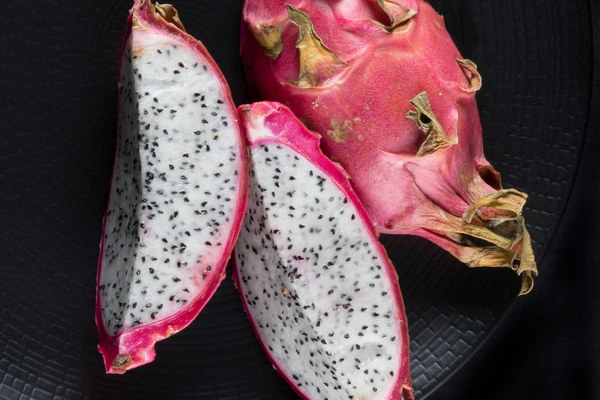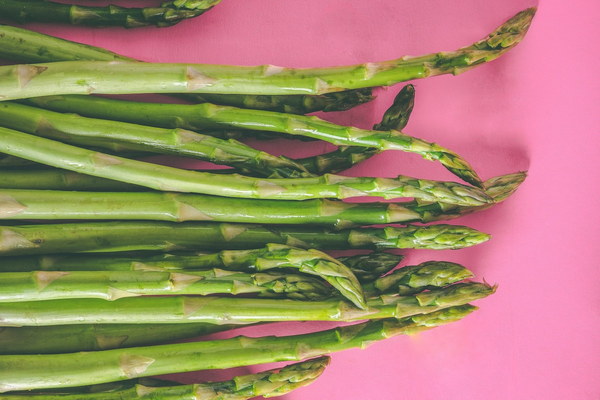Can You Take Supplements if You Have Kidney Stones Understanding the Risks and Precautions
Introduction:
Kidney stones are a common health condition that affects millions of people worldwide. They occur when minerals and salts accumulate in the kidneys, forming hard crystals that can cause pain and discomfort. While there are various treatment options available for kidney stones, one question that often arises is whether individuals with kidney stones can take supplements. In this article, we will explore the potential risks and precautions associated with supplement intake for kidney stone patients.
1. Understanding Kidney Stones:
Kidney stones are formed when certain substances in the urine become highly concentrated, leading to the formation of crystals. These crystals can grow and stick together, forming solid masses or stones. The most common types of kidney stones are composed of calcium, oxalate, and uric acid. Other factors such as dehydration, certain medications, and dietary habits can contribute to the development of kidney stones.
2. The Role of Supplements:
Supplements are dietary products that contain essential nutrients or other substances that may benefit health. While many supplements are generally safe for healthy individuals, their use in kidney stone patients is a topic of concern. Certain supplements may either increase the risk of stone formation or interfere with the effectiveness of treatment.
3. Supplements to Avoid:
a. Calcium: Contrary to popular belief, calcium supplements are not recommended for individuals with calcium oxalate kidney stones. While calcium is an essential nutrient, high intake can increase the risk of stone formation. It is important to obtain calcium from dietary sources like dairy products, leafy greens, and fortified foods.
b. Vitamin C: Excessive vitamin C intake can increase the production of uric acid, which can contribute to the formation of uric acid stones. It is advisable to limit vitamin C supplements to the recommended daily allowance (RDA) of 90 mg for men and 75 mg for women.
c. Niacin: Niacin, also known as vitamin B3, can increase urine acidity, potentially leading to the formation of uric acid stones. It is important to consult a healthcare professional before taking niacin supplements if you have a history of kidney stones.
4. Supplements to Consider:
While certain supplements should be avoided, some may be beneficial for individuals with kidney stones. It is crucial to consult a healthcare professional before starting any new supplement:
a. Magnesium: Magnesium supplements may help prevent the formation of calcium oxalate stones. However, it is important to consult a healthcare professional to determine the appropriate dosage.
b. Potassium: High potassium intake can increase urine volume, which may help prevent stone formation. Foods like bananas, oranges, and potatoes are good sources of potassium. However, potassium supplements should be taken under medical supervision.
c. Citrate: Citrate supplements can help prevent the formation of uric acid and calcium oxalate stones. They work by increasing the urine pH, making it less acidic. Consult a healthcare professional for the appropriate dosage and monitoring.
5. Lifestyle and Dietary Adjustments:
In addition to supplement considerations, lifestyle and dietary adjustments play a crucial role in preventing kidney stone recurrence. Here are some recommendations:
a. Stay hydrated: Drink plenty of water throughout the day to increase urine production and flush out stones. Aim for at least 8 to 10 glasses of water per day, or as recommended by a healthcare professional.
b. Limit high-oxalate foods: Foods rich in oxalate, such as spinach, nuts, and chocolate, can increase the risk of calcium oxalate stone formation. Limiting these foods is advisable, but not necessarily avoiding them entirely.

c. Maintain a balanced diet: A well-balanced diet rich in fruits, vegetables, whole grains, and lean proteins is beneficial for overall kidney health. Avoid excessive intake of salt, sugar, and animal proteins.
Conclusion:
Kidney stone patients must exercise caution when considering the use of supplements. While some supplements may be beneficial, others can increase the risk of stone formation or interfere with treatment. It is crucial to consult a healthcare professional before starting any new supplement and to focus on lifestyle and dietary adjustments for long-term kidney health. By understanding the risks and precautions associated with supplement intake, individuals with kidney stones can make informed decisions to support their overall well-being.









